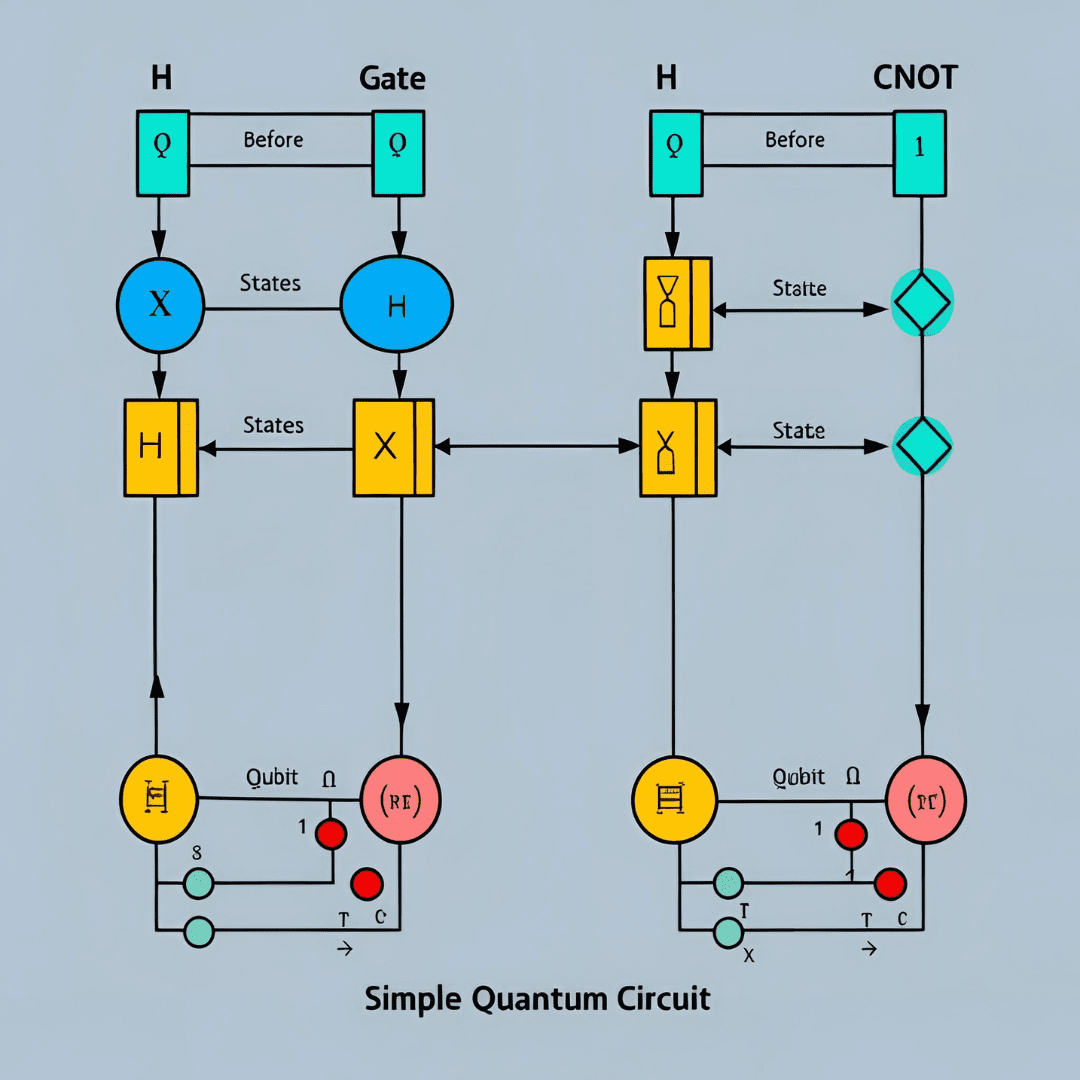Happiness is often seen as a fleeting emotion, but scientific research reveals that it is a skill that can be cultivated and sustained. Positive psychology, the scientific study of human flourishing, has uncovered strategies that significantly enhance well-being. Understanding how happiness works on a biological, psychological, and social level empowers individuals to create a more fulfilling life.
Understanding the Foundations of Positive Psychology
Positive psychology shifts the focus from treating mental illness to promoting mental wellness. Pioneered by Martin Seligman and other researchers in the late 20th century, this field studies what makes life worth living. The goal is not just to survive but to thrive by fostering positive emotions, engagement, relationships, meaning, and accomplishment — known as the PERMA model.
The Neuroscience of Happiness
Scientific studies show that happiness is closely linked to brain function. Areas like the prefrontal cortex and the amygdala play vital roles:
- Dopamine and serotonin regulation: These neurotransmitters are often called “feel-good chemicals” because they directly affect mood and pleasure. Positive activities like exercise, meditation, and social connection boost their levels naturally.
- Neuroplasticity: The brain’s ability to rewire itself means that practicing positive habits can create new neural pathways, reinforcing a happier outlook over time.
Understanding the brain’s role in happiness shows that emotional well-being is not fixed but can be developed intentionally.
Cultivating Positive Emotions for Lasting Impact
Positive emotions are not just the result of happiness—they are also its cause. Experiencing joy, gratitude, hope, and pride on a regular basis builds a psychological reservoir that helps individuals cope with stress and adversity:
- Gratitude practice: Keeping a gratitude journal increases optimism and satisfaction with life.
- Mindful savoring: Taking time to fully enjoy positive experiences deepens emotional well-being.
- Random acts of kindness: Helping others generates feelings of connection and boosts personal happiness.
Research indicates that nurturing these emotions daily has a cumulative effect, leading to higher life satisfaction over the long term.
Strengthening Relationships to Boost Well-Being
Human beings are inherently social creatures. Positive psychology emphasizes that strong, supportive relationships are crucial for sustained happiness:
- Building high-quality connections: Deep, meaningful relationships provide emotional support and a sense of belonging.
- Practicing active constructive responding: Responding enthusiastically to others’ good news strengthens bonds and mutual happiness.
- Expressing appreciation regularly: Small gestures of gratitude can significantly enhance relationship satisfaction.
Social well-being is one of the strongest predictors of happiness according to numerous studies, making relationship-building a central pillar of a happy life.
Finding Purpose and Meaning in Everyday Life
Meaning gives depth to our experiences and helps us endure difficult times with resilience. Positive psychology shows that cultivating a sense of purpose leads to greater happiness:
- Identifying core values: Aligning daily actions with personal values enhances fulfillment and authenticity.
- Contributing to something bigger: Volunteering, mentoring, or participating in community initiatives fosters a strong sense of meaning.
- Narrative reframing: Viewing life as a coherent story, where both successes and setbacks contribute to personal growth, increases psychological resilience.
Purpose-driven individuals report higher levels of happiness, greater life satisfaction, and even improved physical health.
Developing Strengths to Enhance Fulfillment
Everyone has unique character strengths that, when recognized and utilized, contribute to a more satisfying life:
- Strengths identification: Tools like the VIA Character Strengths Survey help individuals discover their top strengths.
- Strengths-based goal setting: Setting goals that leverage personal strengths enhances motivation and success.
- Celebrating achievements: Acknowledging progress reinforces a positive self-image and builds momentum.
Using strengths in daily life not only promotes happiness but also fosters confidence and a greater sense of competence.
Overcoming Negative Bias and Building Resilience
The human brain is wired with a negativity bias to detect and focus on threats for survival. However, positive psychology provides strategies to counterbalance this tendency:
- Positive reappraisal: Viewing challenges as opportunities for growth rather than threats builds optimism and resilience.
- Mindfulness practices: Being present in the moment reduces rumination and anxiety, helping to break the cycle of negativity.
- Strengthening optimism: Deliberately focusing on what is going right trains the brain to expect positive outcomes.
Building resilience through these practices enables individuals to recover more quickly from setbacks and maintain a stable sense of well-being.
Creating a Happiness Routine for Long-Term Success
Sustained happiness is not about one-off events but about consistent daily practices. Incorporating positive psychology strategies into a routine creates lasting change:
- Morning gratitude reflections: Starting the day with thoughts of gratitude sets a positive tone.
- Intentional acts of kindness: Scheduling small acts of generosity keeps compassion at the forefront.
- End-of-day success reviews: Reflecting on achievements, no matter how small, reinforces a growth mindset and optimism.
Consistency is key to making happiness a habitual part of life rather than a rare occurrence.
Positive psychology demonstrates that happiness is not just a matter of luck or genetics—it is a science-backed path that anyone can follow. By applying its principles intentionally, individuals can transform their lives, cultivating greater joy, resilience, and purpose every day.














